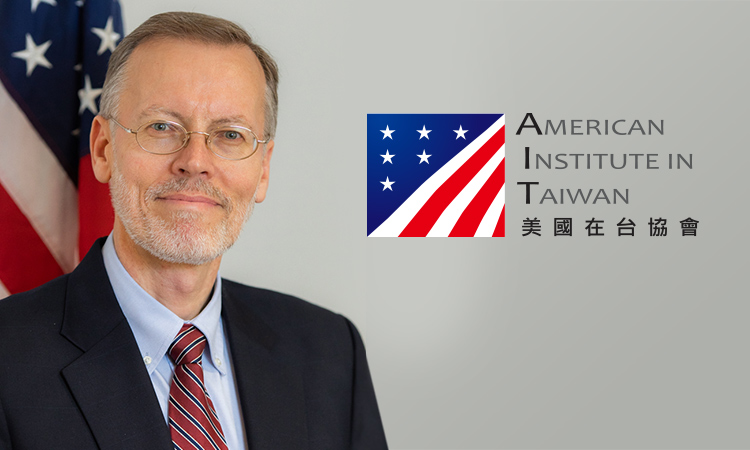OT-1928
May 28, 2019
Remarks by AIT Director W. Brent Christensen at Computex
May 28, 2019
(As Prepared for Delivery)
President Tsai, Minister Shen, Department of Homeland Security Director Kolasky, Mayor Jorritsma, Chairman Huang, Chairman Tung, distinguished guests, ladies and gentlemen, good morning! Zao an!
It is my great pleasure to be here this morning at one of the world’s most important technology gatherings of the year. Computex and Innovex demonstrate not only Taiwan at its best, but also underscore just how central Taiwan is to global technology supply chains. New technologies, such as artificial intelligence, quantum computing, the AI-enabled industrial internet, autonomous vehicles and more will radically alter how all of us live and work and how our societies function. That is why the United States believes it is vital that the development of new technologies, and the standards that support and govern them, be guided by the basic shared values of rule of law, intellectual property rights protection and transparency.
The United States considers Taiwan to be one of its most important Indo-Pacific partners, not just because of its technological prowess, but also because of the core democratic values that we share. It is for these reasons, among others, that many of the largest U.S. technology firms have chosen to make Taiwan central to their hardware-software integration, research and development, and AI innovation plans. We believe that it is no coincidence that Taiwan’s impressive economic growth has gone hand-in hand with the flourishing of its democracy.
At the same time, we are very much aware of the unique challenges that Taiwan faces. But it has risen to these challenges, and found a way to prosper without sacrificing its core values. That is why it is U.S. policy to promote Taiwan’s greater participation in the world and to help its stellar international example shine more brightly. As part of our year-long campaign to celebrate 40 years of U.S.-Taiwan friendship and cooperation, 41 representatives from 25 different Indo-Pacfic economies are joining us today to participate in the U.S.-Taiwan Global Cooperation and Training Framework workshop on network security and emerging technologies. We have brought them here to Computex because we believe Computex is an excellent way to showcase Taiwan’s impressive innovative spirit and technological achievement.
For the last seventy years, the United States has been a champion of the global rules-based order. And this remains true today with the U.S. vision for a free and open Indo-Pacific. This order has fostered peace, stability and prosperity throughout the world, and especially in the Indo-Pacific region. This order provides the institutional foundation for the success of all of the firms gathered here today. But this order depends upon everyone agreeing to play by the same basic rules of free and fair market competition. When economies, large or small, are able to flout the rules, force the transfer of intellectual property, protect national champions, steal trade secrets, and use market-distorting subsidies, it undermines the integrity of the rules-based system. A paramount goal of the United States is to defend the rules-based order from those who would seek to betray and displace it. It should be readily apparent that defending this rules-based order benefits everyone.
In particular, the United States considers the development of 5G to be one of the most important technological developments in the world today. 5G will be the foundation of the global digital economy for at least a generation. As 5G technology rolls out, it is vital that we work together to ensure the data and intellectual property that all of you are working so hard to develop are protected from theft and manipulation. Unchecked governmental influence on the development and deployment of this technology poses a threat to national security, economic competitiveness, and human rights. That is why it is so crucial that control over 5G technologies be dispersed widely within a private sector protected by the rule of law and underpinned by democratic values. For the United States and many other partners, supply chains may shift, but the protection of core democratic values and free market standards must remain the essential constant.
In closing, I congratulate all of the companies participating in Computex for your outstanding successes. And I commend you all for your continued commitment to the principles of a free and open Indo-Pacific.
Thank you.
















![Video Thumbnail [Recovered]-01](../wp-content/uploads/sites/269/Video-Thumbnail-Recovered-01-1-750x450.jpg)





